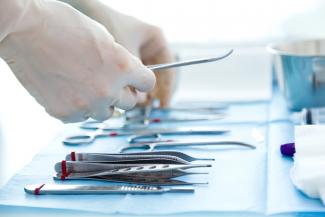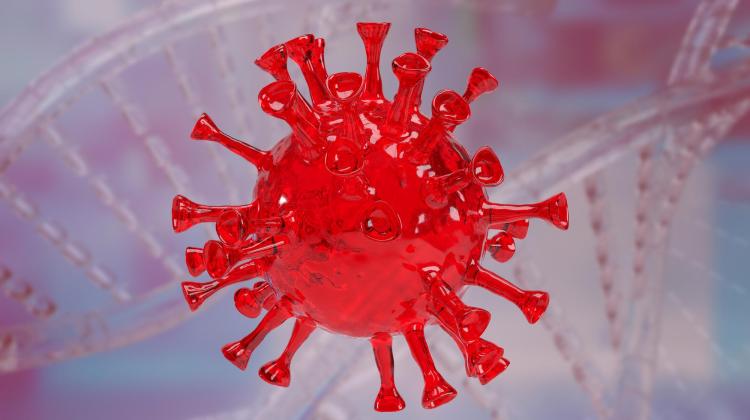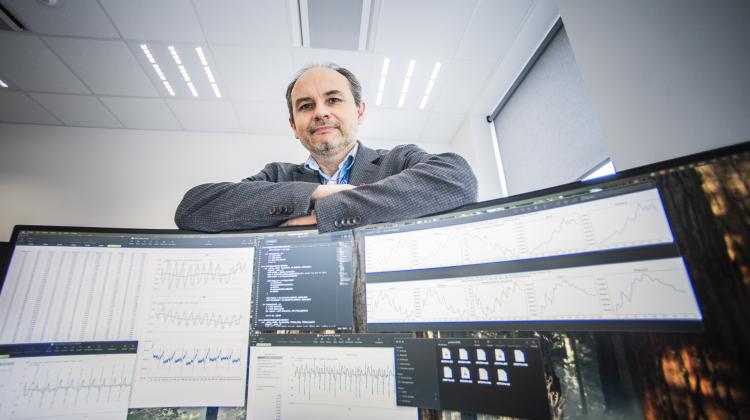The research will be directed towards the construction of a 3D bio-printer that, together with the developed bioinks, will enable three-dimensional printouts, which during a later stage, will be used as reconstructive constructs for patients.
The main reason for taking up materials research introducing such a solution in urology is the scale of the problem and the almost complete unavailability of implants that would enable reconstruction of the urethra.
Hypospadias is the most common malformation of the male reproductive system with 1 in every 200 male newborns affected. Whereas 1 in every 600 adult males are required to undergo a surgical procedure related to the urethra. The number of potential patients among males aged 55 and over tends to grow due to the standard endoscopic procedure used in enlarged prostate gland (prostatic hyperplasia) treatment. Currently, materials that would be suitable for use as an “artificial” urethra are not available in the market.
Repair procedures in the urethra are performed with the patient’s tissue, e.g.: the foreskin, penile skin, mucous membrane of the oral vestibule. Unfortunately, they all carry high risk of complications that may eventually necessitate supravesical urinary diversion. That is why developing a material that could be used in this type of repair procedures is so important. In the future, it could make it possible to fabricate more complex organs i.e. the ureter and urinary bladder.
As new materials are being developed, efforts are also being made to build a multi-printhead 3D bio-printer to enable printing the three urethra layers in one process. Each of them requires a different material that performs a strictly defined biological and mechanical function.
The end product will provide physicians with new options for treating urethral malformations and disorders in the future. The supply of the material for reconstruction of the urethra will be unlimited, which is a major problem with current surgical techniques based on native tissue (procured from the patient). The internal structure of the urethra will prevent build-up of bacterial film that precludes synthetic materials from use in permanent urethral dilation.
The new technology will give patients a chance for a better standard of living and reduce the need for catheters or stoma bags for urine collection.
The Interdisciplinary consortium, of which Lodz University of Technology is a leader, comprises: Department of Pediatric Surgery and Urology at Dr. J. Korczak Pediatric Center in Łódź, headed by dr n. med. Marek Krakós; Warsaw University of Technology – prof. Wojciech Święszkowski’s research group at the Faculty of Materials Science and Engineering; Faculty of Chemistry of Nicolaus Copernicus University in Toruń and the Department of Urology, Collegium Medicum of Nicolaus Copernicus University in Toruń, Zbigniew Religa Foundation for Cardiac Surgery Development - Bioengineering Laboratory, Heart Prosthesis Institute; Wolf Project Studio – a company with many years of experience in 3D printing technology services. Over 8 million zloty in funding was granted by NCBiR for the research under the TECHMATSTRATEG scheme.
The project is organized into two phases: a research phase (including 7 tasks) and a pre-implementation phase. The tasks are carried out concurrently by institutions with a proven track record in terms of the tasks assigned. The role of Lodz University of Technology is to develop a material for a 3D printed stent and the outer layer of the urethra as well as to design and build a bio-printer (in cooperation with Wolf Project Studio), conducting studies on biological response with cells procured from the patient (in collaboration with the Department of Pediatric Surgery and Urology at Dr. J. Korczak Pediatric Center in Łódź) and stem cells (thanks to collaboration with the Zbigniew Religa Foundation for Cardiac Surgery Development in Zabrze). Warsaw University of Technology is to develop a material for the inner layer of the urethra, whereas Nicolaus Copernicus University in Toruń - a material for the middle layer.





